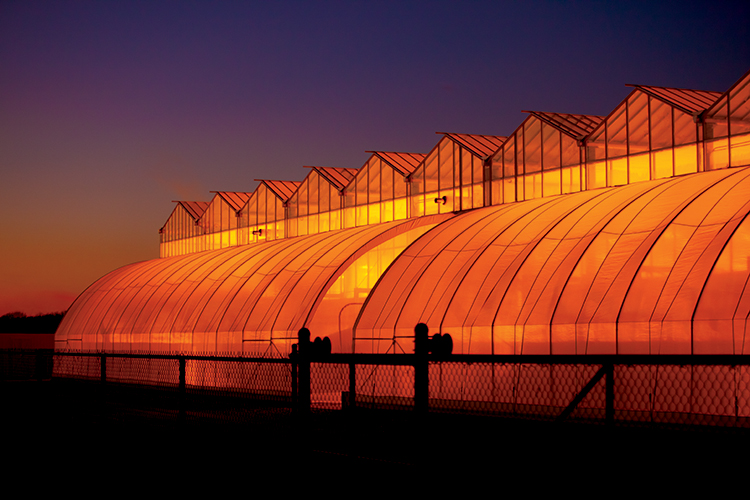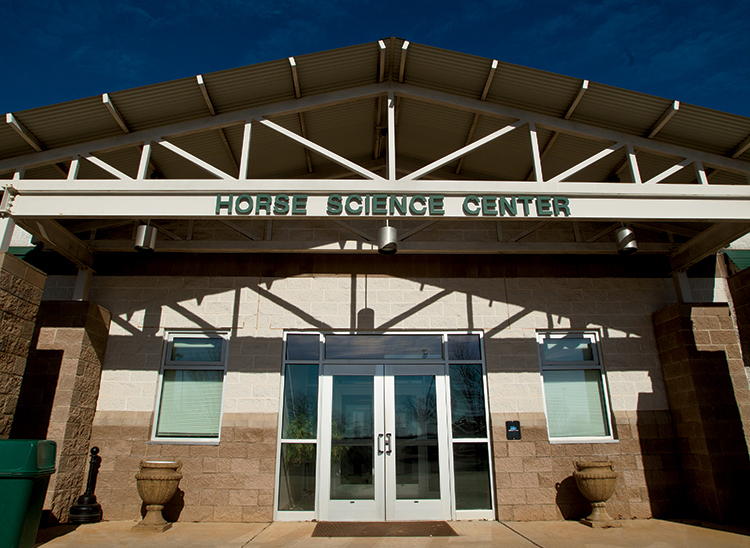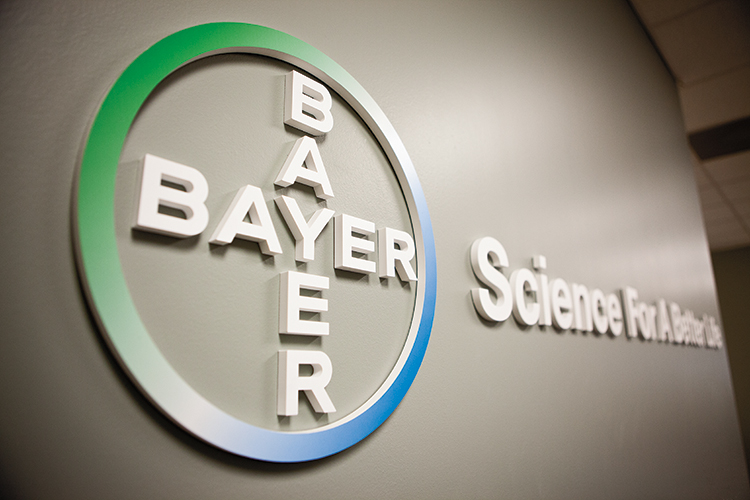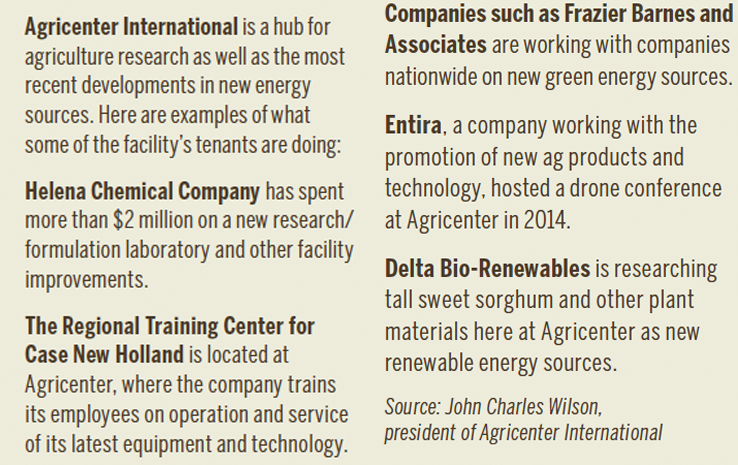Home > Tennessee > Tennessee Agritourism > Agricenter International is a Hub of Activity
Agricenter International is a Hub of Activity
In partnership with: Tennessee Department of Agriculture

Agricenter International has come a long way since it first went into operation in Memphis some 30 years ago.
Now the world’s largest urban farm and research test center, the facility is a veritable global hub for all things agriculture. The self-sustaining, nonprofit organization focuses on research, educational programs, environmental conservation, natural area preservation and recreational opportunities.
With a 120,000-square-foot Expo Center at its core, Agricenter International is a go-to place in the realm of agriculture.
“This facility was created to have the latest and greatest of agriculture, from research to all the new technology that’s out there,” says John Charles Wilson, president of Agricenter, which opened in 1985.
“When we first started, this building (now the Expo Center) was set up with static displays, and all the major agriculture companies were involved in it. Like the computer industry, everything was changing so fast that by the time they got a display set up it was outdated. So we evolved over a period of time, and this building became the Expo Center, where we have everything from major agricultural equipment launches to companies coming in and doing training. It’s quite a unique facility.
“It’s kind of like the original idea of a one-stop shop.”

Education For All Ages
In addition to the Expo Center, Agricenter International is complete with its Show Place Arena, a farmers market with an assortment of vendors, a fishing lake appropriately named Catch ’em Lake and an RV park with complete hookups.
It’s an ideal spot for ag education, whether it’s youngsters learning the basics of farming or college students seeking avenues toward a career.
“We have everything from preschool children coming in for our farmers market to learn about plants all the way up to adult education,” Wilson says. “We work closely with 4-H and FFA, and have field days that feature all kinds of different agricultural companies. There are a lot of great opportunities for jobs in agriculture, and we’re opening doors for kids to see what those are.”
Leader In Research
Where Agricenter International particularly shines, however, is in research. The facility works with agribusinesses, university systems such as University of Tennessee Agricultural Extension Service, and other government and non-government agencies. Several of the world’s leading agricultural companies are tenants at Agricenter.
“In a lot of the trials we do, we’re collecting data to help these companies commercialize their product,” says Bruce Kirksey, Agricenter International’s director of research.
“I think the most important thing is we’re helping these companies in their decision-making process on whether or not a product or new variety needs to go forward. The data we collect here helps them possibly make a lot of money or prevents them from losing a lot of money.”

Among the high-profile companies conducting research at Agricenter is Bayer CropScience, which has had an association with the facility since 1999. Bayer, which has been doing cotton trait introgression activities in a nearly 17,000-square-foot greenhouse on the Memphis site for several years, opened a 40,000-square-foot, state-of-the-art greenhouse facility in September 2014 that will enhance its research on cotton traits and varieties. The new automated greenhouse allows Bayer to significantly increase the number of seedlings grown per square foot of greenhouse space.
“Bayer is committed to expand in the area of seeds and traits,” says Al Balducchi, the company’s global cotton traits introgression manager and Memphis site leader. “Our work now and in the future is to deliver greater opportunities in traits and improved product performance through the transfer of these traits using conventional breeding techniques supported by molecular genetics, and to generate materials that are ultimately developed for key markets.”





